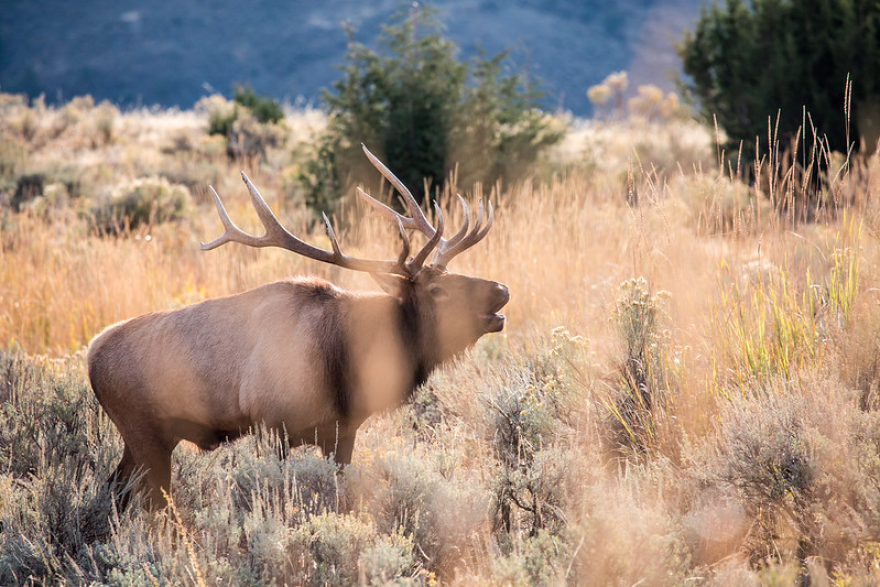A National Wildlife Federation published this week says new oil and gas leases on public lands could harm existing hunting economies in the West.
The report identifies prime hunting and fishing territory that the Bureau of Land Management is opening up for lease sales, regions such as the Uncompahgre Plateau in Colorado and Rock Springs in Wyoming.
Aaron Kindle, the federation’s director of sporting advocacy who co-authored the report, said energy development adds to stressors like housing developments and the increasing number of people heading into the backcountry.
“One day we’re going to look up and our livelihoods and our hunting traditions and our outdoors spaces are going to be really hard to maintain," Kindle said. "And that’s troublesome for a lot of us who really highly value having wildlife and wild places.”
The report also highlights BLM lands in central Montana. While public comments favored multiple-use over the 628,500 acres managed by the agency's Lewistown Field Office, the recently released resource management plan would allow oil and gas leasing and development on 91% of it.
"If you developed at that scale, it basically points to prioritizing that over any and all other uses," Kindle said.
He added that lands that are leased but not developed are a problem, too, because they limit what can be done in those areas without generating royalties from oil or gas production.
Find reporter Madelyn Beck on Twitter
Copyright 2020 Boise State Public Radio
This story was produced by the Mountain West ���ڱ��� Bureau, a collaboration between Wyoming Public Media, Boise State Public Radio in Idaho, KUNR in Nevada, the O'Connor Center for the Rocky Mountain West in Montana, KUNC in Colorado, KUNM in New Mexico, with support from affiliate stations across the region. Funding for the Mountain West ���ڱ��� Bureau is provided in part by the .
Do you have questions about COVID-19? How has this crisis affected you? Our reporters would love to hear from you. You can submit your question or share your story .
Copyright 2020 Boise State Public Radio ���ڱ���. To see more, visit . 9(MDAxNDQ2NDAxMDEyNzU2NzM2ODA3ZGI1ZA001))







